The annual review and financial statements focuses on our work between 1 April 2020 and 31 March 2021 and how that fits in with the goals in our strategy. You can read the highlights below or download the full review.
From our Chair
There is no escaping that this has been a challenging year for all. It’s also been a year that has demonstrated to me how our collective strength can be incredibly powerful in these times of gigantic change.
In spring 2020 we were stopped in our tracks by the magnitude of the COVID-19 pandemic. We all had to adapt and evolve in how we lived and worked. That adaptability continued throughout the 12 months, as changing lockdown and social contact restrictions impacted our livelihoods, relationships and emotions.
For many individuals it may have felt that the past 12 months stood still, while collectively as an Association, we have striven to move forward. Rather than operate from a position of survival mode, we have been both creative and strategic in making decisions to move us towards a more positive future.
We have developed new ways to listen to feedback and incorporate that in to how we act. We have worked hard to respond to members’ concerns about the COVID-19 pandemic and gleaned knowledge to help inform the production of guidance, resources, training and events. We have supported our members as they’ve represented the highest professional and ethical standards, while recognising the majority of our members are coming to terms with working virtually.
We have campaigned tirelessly on our members’ behalf to highlight both the vital work they’ve been doing to support the nation’s mental health and the urgent need to invest in counselling in the long-term. This year, we’ve reached more people through the media than ever before.
I believe we have demonstrated to members, partners, policy-makers and the public that we are a relevant and impactful organisation in these unpredictable times.
I also know there is much more work to do in further articulating our purpose as well as contributing to societal shifts in attitudes. We will continue our work to promote equity and to value diversity according to our EDI strategy. I’m looking forward to what we can achieve together as we build on the hard work of 2020 and 2021.
Natalie Bailey
Chair of the Association
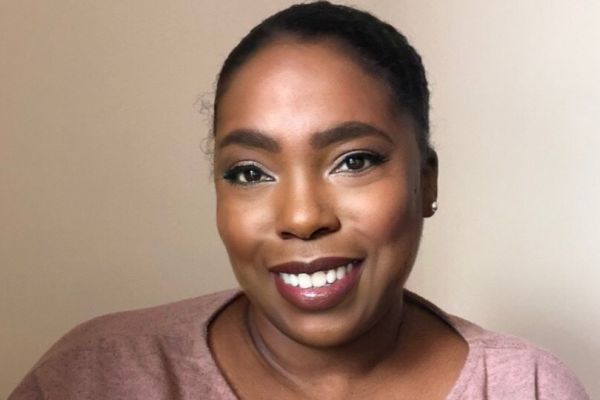
"We have campaigned tirelessly on our members’ behalf to highlight both the vital work they’ve been doing to support the nation’s mental health and the urgent need to invest in counselling in the long-term."
Highlights
1. We will listen to, learn from and work with our members to inform the work of the Association.
Key achievements from this year:
Listening workshops
We launched monthly listening workshops to help us understand what matters most to members, how we can best support them and what changes they want to see. We also set up an internal listening group involving staff from all departments to review member feedback.
Equality, diversity and inclusion
We're working with members, staff, trustees and stakeholders to respond to challenges around equality, diversity and inclusion (EDI). Our strategy is in its early stages but we’ve already held events and formed a member-led task and finish group.
Shaping events and CPD content
We held events and put together CPD content based on topics members said they wanted support with, such as working with complex grief.
Remote working consultations
We consulted with accredited courses and services, and our approved qualification partners, to develop resources to support the move to remote working during the pandemic. This ensured training and placements could continue while maintaining standards.
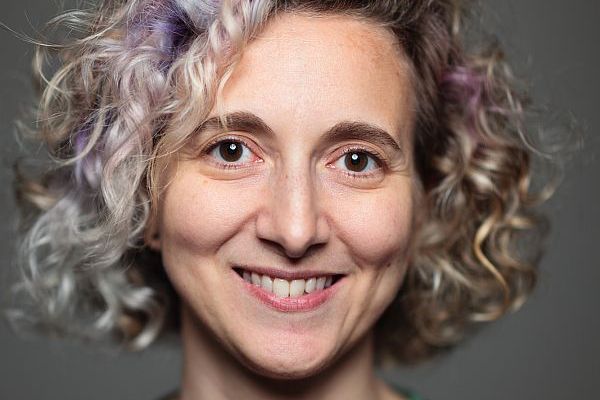
“When BACP’s CYP&F Lead Jo Holmes asked for people interested in getting involved in the expert reference group, I immediately emailed her. At a meeting in October, Jo outlined the objectives and how we would help BACP raise the profile and promote this vital area. There was a buzz and an enthusiasm from everyone.”
Shira Baram is co-chair of our school-based counselling expert reference group and works for a charity in Tameside.
2. We will equip our members to be able to work in a fast-changing world, to be able to influence and contribute to the wellbeing of society.
Key achievements from this year:
Online and phone therapy
Recognising the impact of the pandemic on our members' practice and training, we published a revised version of our Online and Phone Therapy Framework. We’re now starting a further review to ensure the framework is underpinned by contemporary research.
Virtual events
We moved our entire events programme online so we could still support members' development with a variety of virtual workshops and conferences.
Online training standards
Working with training providers and other professional bodies, we determined standards for online training, online and phone placements and assessing face-to-face competence during the pandemic.
COVID-19 impact on BAME communities webinar
Recogising the disproportionate effect COVID-19 had on Black, Asian and Minority Ethnic (BAME) communities, this event explored how the counselling profession can learn from this and respond to culturally appropriate therapeutic needs.

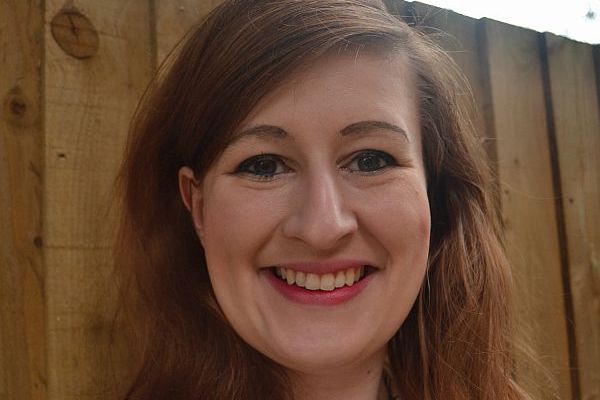
“... what I really took away from the day was the feeling of togetherness and the immense amount of support that BACP has to offer. To me it's become more than just an organisation, it's become like an extended counselling family.”
Ellie Stokes is a second-year trainee children and young people counsellor studying at the University of Northampton. She attended our online student conference in February 2021.
3. We will be the professional home of choice for members and communities of practice, providing relevant services and opportunities to learn, develop and inspire each other.
Key achievements from this year:
Private practice toolkit
We worked with our Private Practice division to compile resources to support members in setting up, managing, developing and working in a private practice. Launched early to help members cope with the impact of the pandemic, the toolkit had more than 25,000 views in its first six months.
Free online journals
We offered all members free online subscriptions to our divisional journals to support their learning, research and CPD. Online subscriptions increased six-fold over the year.
Directory improvements
We introduced the largest ever suite of improvements to our therapist directory, including improved search functionality, therapists’ photos on mobile view, enhanced security and more information within each listing.
Staying Connected
Instead of taking our popular Making Connections events on the road around the UK, we relaunched the series as online-only ‘Staying Connected’ days. More members were able to attend to hear speakers, network and take part in virtual discussions.
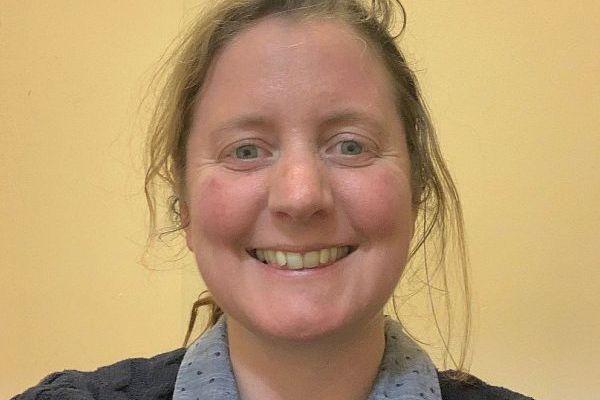
“The toolkit includes lots of articles, written documents and guidelines... to support members in whatever stage they are at in their careers. This is an organic project that will be expanding this year, and I’m really excited about how it will develop in the future.”
Caz Binstead sits on the Private Practice executive committee, and is divisional lead on the Private practice toolkit. She is an integrative counsellor, mindfulness-based psychotherapist, and supervisor.
4. We will further develop confidence in and credibility of the profession by developing and upholding professional and ethical standards, informed by an evidence base.
Key achievements from this year:
SCoPEd
We enhanced opportunities for members to engage with the SCoPEd project, following publication of the latest iteration of the draft framework in July. The updated framework includes changes prompted by member feedback from the first SCoPED consultation. The project group also increased from three to seven partner organisations.
School counselling research
The findings of a large-scale research project into the effectiveness of school-based humanistic counselling, led by the University of Roehampton in collaboration with our research team, were published in The Lancet: Child and Adolescent Health. We also researched the impact of COVID-19 on the provision of school-based counselling.
AdaPT project
We extended our AdaPT project to include more members and to run until 2022. The project offers free access to an online system that supports members to use research measures in their practice and, with appropriate consent, share the data with us for analysis.
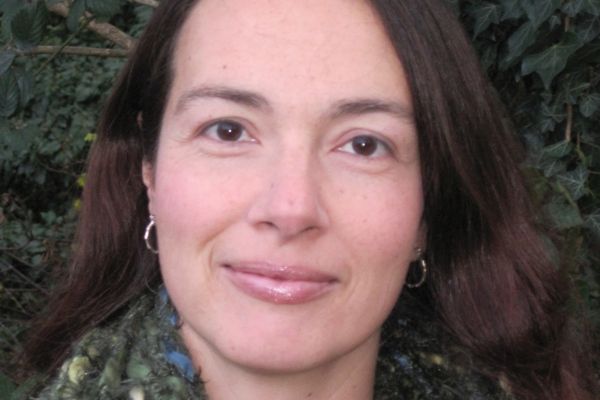
“I joined the AdaPT Project of 2020, and it has been an asset to my private practice... I now have a better understanding about the importance of outcome measures for research purposes and the credibility of our profession.”
Daniela Lourenco is a psychoanalytic psychotherapist based in south west London who works in private practice, primary schools and in higher education settings.
5. We will campaign for the appropriate provision of counselling and psychotherapy for all members of society and for opportunities for paid employment of our members. We will champion the skills, competence and contribution of our members to the public, employers, commissioners and policy-makers.
Key achievements from this year:
School counselling campaign
More than 4,000 people wrote to their MPs to put pressure on the Chancellor of the Exchequer to consider funding school and college counselling as part of the comprehensive spending review (CSR).
We had 97 responses from MPs, with 85 committing to write to the Chancellor. The campaign also prompted multiple questions in parliament and an early day motion from Jon Trickett MP.
Although school counselling did not ultimately feature in the CSR, we built strong political relationships to take our campaign forward.
Paid employment
We engaged with organisations across the public, private and third sectors to promote the value of counselling and help create new paid employment opportunities. Successes include securing at least 20 new jobs for our members at EAP Red Umbrella, and working with the Royal Agricultural Benevolent Institution (RABI) to help shape their investment in a new counselling service for agricultural workers.
Making the headlines
We began work with an agency on a national media campaign to champion the expertise of our members and direct those who need counselling support to them. Together with our day-to-day work with journalists, this resulted in media coverage reaching 327 million people in 2020 and 2021.
Google advertising
Our ongoing Google AdWords campaign helped steer people searching on the internet for information about counselling or mental health to our website, directory and members.
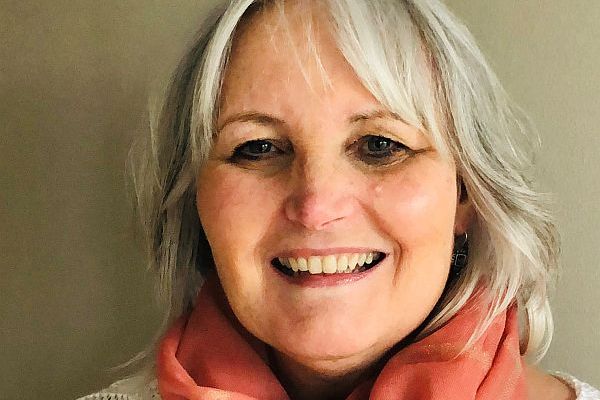
"Steve Mulligan, Four Nations Lead, and Jeremy Bacon, Third Sector Lead, are already working with us in Northern Ireland. They have an opportunity to participate in a consultative role with government, and members can actively engage with them to advocate for our clients.”
Rachel Johnston is a BACP-accredited counsellor and clinical supervisor. She is vice-chair of the BACP Healthcare Executive and director of Connect2 Counselling, a community interest company.
6. We will optimise the organisation of BACP to ensure it is flexible, responsive and capable of resourcing the vision and goals.
Key achievements from this year:
Better customer service experience
We rolled out a new telephone system across our Customer Services team, enabling us to offer a more efficient and reliable service. It's helped us the increase the number of external calls we can support at once and the rate at which they're answered.
Project delivery
Our programme board, which ensures we prioritise projects that directly improve our member services, has gone from strength to strength. As we’ve delivered more dedicated projects, we’ve seen an increase in tenders, third party contracts and checks, such as GDPR. We’ve maintained the highest levels of compliance and ensured projects have been effectively resourced and supported.
Media training
We've invested in media training for senior managers and our Board of Governors to support our work promoting counselling in the media and public.
